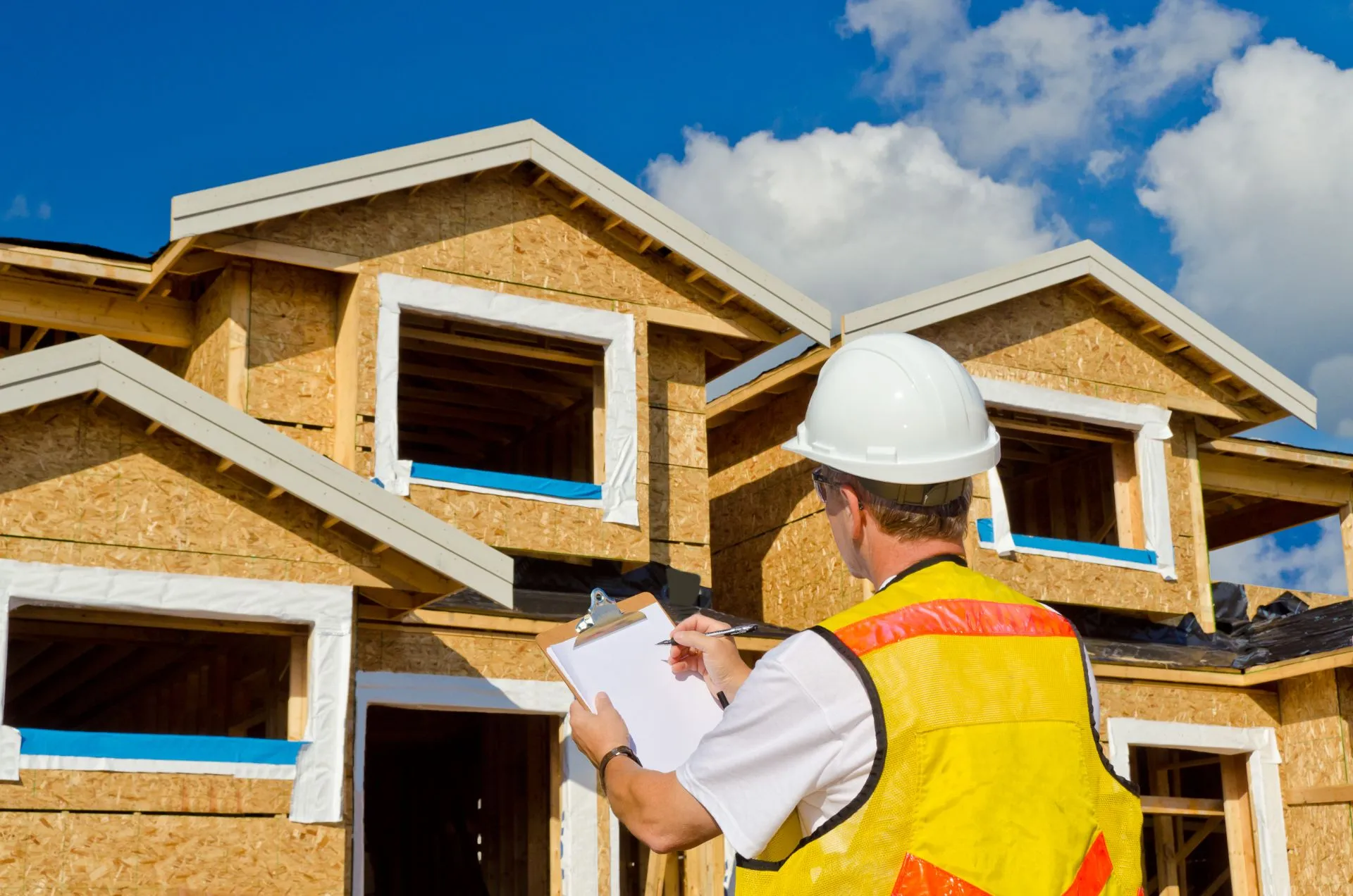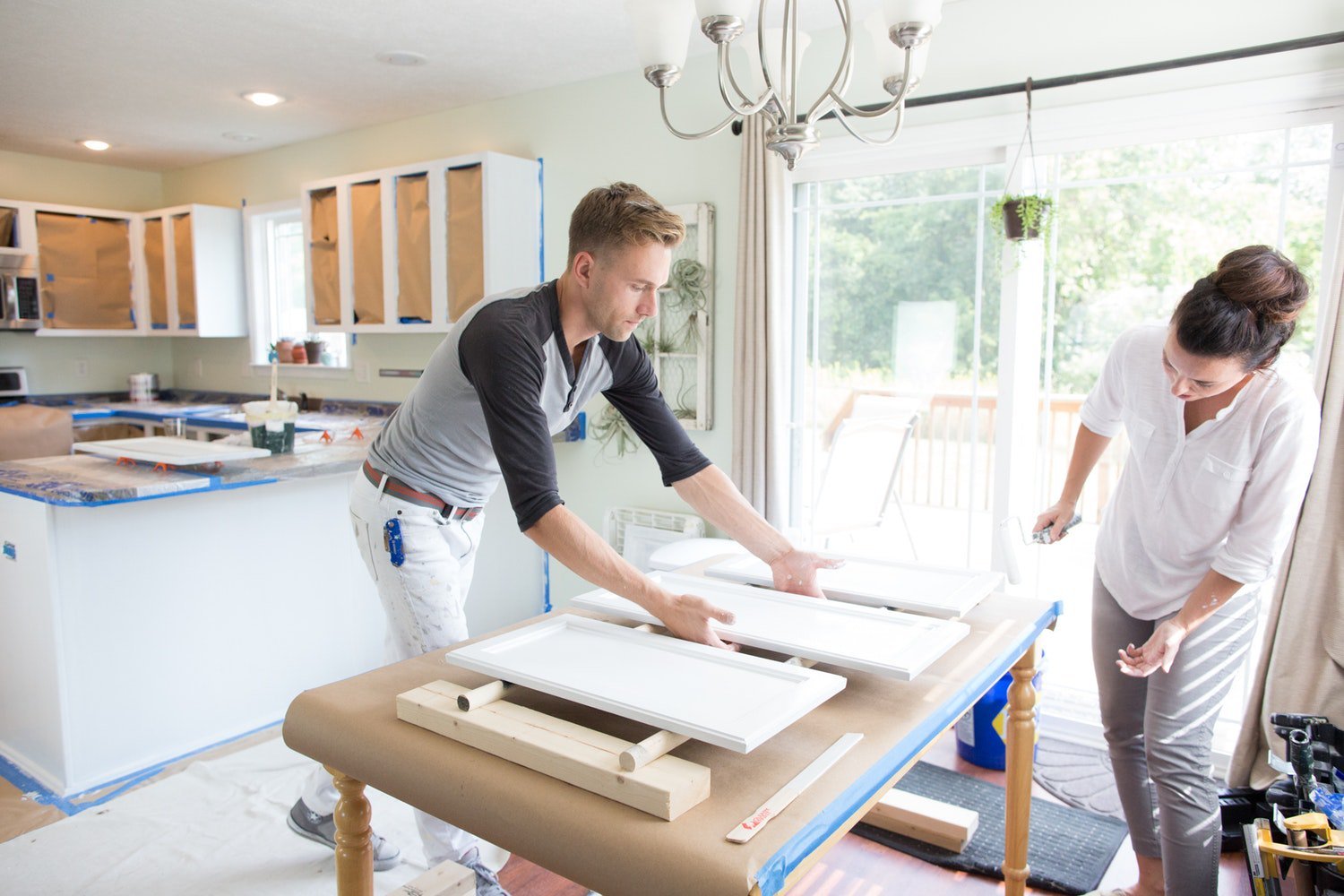
How does Home Inspection Work
Buying a home is one of the biggest investments most people will make in their lifetime. Without proper knowledge and research, it can quickly turn into a financial burden. That’s where home inspections come in – they provide an objective assessment of a property’s condition, identifying any potential issues that may affect its value or safety.
But how does home inspection work? In this article, we’ll explore the process of a typical home inspection, from what to expect during the initial consultation to receiving the final report. We’ll also discuss some common problems that inspectors look for and offer tips for preparing your home for an inspection.
Defining home inspection
Home inspection is a service provided by licensed professionals to evaluate the current condition of a residential property. The assessment covers various aspects of the property, including its structural integrity, mechanical systems, and environmental conditions. During an inspection, the inspector will look for any defects or issues that may present safety hazards or require repairs.
The process typically begins with a visual examination of the exterior and interior of the home. This includes inspecting the roof, foundation, walls, electrical wiring, plumbing system, HVAC system, and appliances. The inspector will also evaluate any potential health hazards such as mold or asbestos.
Once the inspection is complete, a detailed report will be provided to the homeowner outlining any issues found during the assessment. This report can be used by buyers to negotiate repairs with sellers before finalizing a sale or by homeowners to prioritize necessary repairs and maintenance tasks.
Purpose of home inspection
Home inspection is an essential process that aims to identify and report any defects or issues with a property. The purpose of the home inspection is to provide buyers with a clear understanding of the condition of the property they are considering purchasing. During a home inspection, a qualified inspector will examine various aspects of the house, including its foundation, roof, plumbing systems, electrical systems, HVAC (heating ventilation and air conditioning) systems, and other components.
The inspector will evaluate these areas for potential problems that could affect the safety or value of the property. They will also look for signs of wear and tear that may require repairs or replacements in the future. Once completed, inspectors will typically provide their clients with a detailed report outlining any issues found during the inspection.
What to expect during the inspection
During a home inspection, there are several things you can expect. Firstly, the inspector will examine both the exterior and interior of the property to identify any issues or areas that need improvement. They will check for things like cracks in the foundation, faulty wiring, plumbing leaks, and signs of mold or termites.
Next, they’ll take a closer look at individual rooms to assess their condition. This includes checking appliances and fixtures to ensure they’re functioning correctly and looking for any signs of wear and tear on floors, walls, or ceilings.
Finally, after completing their examination of the home’s interior and exterior elements, your inspector will provide you with a detailed report outlining their findings. Any significant issues that require repair or attention will be highlighted in this report so you can make informed decisions about purchasing the property.
Areas typically inspected
During a typical home inspection, there are several areas that an inspector will examine. These areas include the foundation, roof, walls, plumbing system, electrical system, HVAC system (heating, ventilation and air conditioning), and the overall structure of the home. The inspector will also check for any signs of water damage or mold.
The foundation of a home is crucial to its stability. Inspectors will look for any cracks or damage in the foundation that could cause problems down the line. The roof is another important area to inspect as it protects the entire home from weather elements. Inspectors will check for missing or damaged shingles and assess if repairs or replacement may be necessary.
Common issues found during inspections
During a home inspection, the inspector will thoroughly evaluate the property for any issues or potential problems. Some common issues found during inspections include electrical problems such as overloaded circuits or outdated wiring, plumbing issues such as leaks or low water pressure, and HVAC problems such as malfunctioning furnaces or air conditioning units.
Inspectors may also uncover structural issues like foundation cracks or roofing problems like missing shingles or damaged flashing. Additionally, inspectors often look for evidence of pests like termites and rodents, which can cause damage to the property if not addressed promptly.
How to prepare for a home inspection
Before diving into the preparation tips for a home inspection, it’s essential to understand how the process works. A home inspection is typically conducted by a professional inspector who evaluates the property’s condition and identifies any issues that may need attention. This expert will provide a detailed report outlining their findings and share recommendations on necessary repairs.
During an inspection, the inspector will examine numerous aspects of your home – from plumbing and electrical systems to roofing and foundation. They’ll also take note of any visible damages or wear-and-tear throughout your house. The goal is to ensure that your property meets safety standards while identifying any potential problems that could impact its value.
To prepare for a home inspection, there are several steps you can take before the inspector arrives. These include decluttering your space, making sure all utilities are turned on, ensuring pets are out of sight (or better yet – temporarily relocated), providing access to all areas of your home beauty (including crawl spaces and attics) and securing keys for gates or locked doors. By taking these steps ahead of time, you’ll be able to facilitate an easy process and receive a comprehensive report with minimal stress.
Conclusion: Importance of a thorough inspection
In conclusion, home inspection is a crucial step in the home buying process that helps prospective buyers make informed decisions about their investment. By examining the major components of a home, including its structure, systems, and safety features, inspectors identify potential issues that can be expensive to repair or pose a danger to occupants. With the knowledge gained from an inspection report, buyers can negotiate repairs or adjust their offer price accordingly. In short, a home inspection provides peace of mind and protects one’s investment. So if you’re in the market for a new home, don’t skip this important step – schedule a professional home inspection today!
Also Read: The Advantages Of MDF Board: Why It’s A Popular Choice For Furniture And Cabinetry

